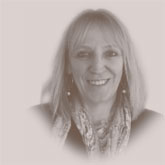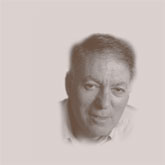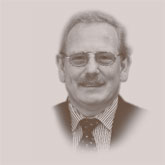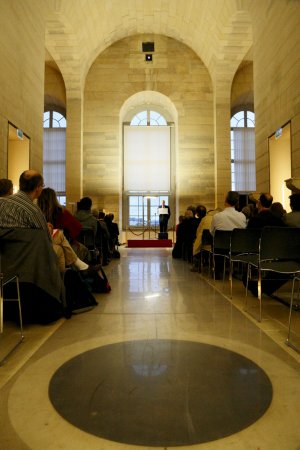During a special ceremony, three foreign scientists were selected by the Paris Observatory for the quality of their university work, their renown as well as their past and present participation in exchanges between their home institutions and the Paris Obsrvatory, as well as their international irepercussions.
Professor Véronique Dehant, Professor Thomas Phillips and Professor Reinhard Genzel were handed the doctor honoris causa diploma by Claude Catala, President dof the Paris Observatory, in the presence of Suzanne Wasum-Rainer, German Ambassador to France, of Claude Tomberg, Director of the Science Section of the Belgian Royal Academy of Sciences and of Gilbert Kirkham, NASA attaché at the USA embassy in France.
Snapshots
© Pascal Blondé / Observatoire de Paris
© Pascal Blondé / Observatoire de Paris
© Pascal Blondé / Observatoire de Paris
© Pascal Blondé / Observatoire de Paris
© Pascal Blondé / Observatoire de Paris
© Pascal Blondé / Observatoire de Paris
© Pascal Blondé / Observatoire de Paris
© Pascal Blondé / Observatoire de Paris
© Pascal Blondé / Observatoire de Paris
© Pascal Blondé / Observatoire de Paris
Biographies of the 2014 laureates

Prof. Véronique Dehant, born in Brussels in 1959, is a research scientist at the Royal Observatory in Belgium.
Véronique Dehant is an astronomer at the Royal Observatory in Belgium ; she is a specialist in geodesy, geophysics and their application to the planets and satellites of the solar system. She is also in charge of the Direction Opérationnelle ‘‘Systèmes de Référence et Planétologie’’ (Centre for « Reference Systems and Planetology ») of the Belgian Royal Observatory, and is Associate Professor at the Louvain Catholic University ; Véronique Dehant is a member of the Belgian Royal Academy of Sciences. She has done important work on modelling the internal structure of the Earth, its rotation and its tides, as well as in planetology, and is involved in various space missions. She is a laureate of many international prizes, including the Prix Descartes of the European Union. She has been a member of the Paris Observatory’s Upper Science Committee, and of the CNES Science Program Council. She is currently a member of ESA’s Space Science Advisory Committee.

Prof. Thomas Phillips, born in 1937 in England, is emeritus professor of physics at the California Institute of Technology (CALTECH), chaired by John D. MacArthur.
Thomas Phillips is emeritus professor at the California Institute of Technology and is Director of the Caltech Submillimeter Observatory in theUSA ; he is a specialist in the millimetre and submillimetre domains, and in the study of the cold Universe. During the last 40years, Tom Phillips has been a major force in the development of millimetre and submillipetre astronomy. Originally a low temperature solid state physicist, he began his career by inventing new heterodyne techniques for high sensitivity spectroscopy : hot electron bolometers, followed by the SIS superconducting junctions. The detectors he built for the OVRO, KAO, and CSO telescopes, opened the door to many discoveries. The success of the Herschel space telescope as well as the ALMA end NOEMA interferometers is to a large part due to his technological innovations and to the energy he deployed in carrying through these ambitious projects,.

Prof. Reinhard Genzel, born in 1952 in Germany, is the Director of the Max Planck Institute for Extraterrestrial Physics (MPE) in Garching..
Reinhard Genzel is Director of the Max Planck Institutfor Extraterrestrial Physics at Garching-bei-München, in Germany, and is involved in many instrumental developments carried out in collaboration with the Observatory ; he is a specialist in the study of the galactic centre and more generally in the role played by black holes in the evolution of galaxies. Following a Ph.D. at the Bonn Max-Planck Institute for Radioastronomy in 1978 and a post-doc at Harvard, Reinhard Genzel became professor of physics at Berkeley University in in 1981, and then Director of the MPE in 1986. He currently lectures, as a professor at the Universities of Munich and of Berkeley. Reinhard Genzel has established a team of world-wide repute in galactic and extragalactic physics. He is in particular responisble for numerous results concerning the presence of a supermassive black hole in the galactic centre. Another feature of his team is its considerablee involvement in ground and space based infra-red and submillimetre instrumentation, which has resulted in these original results.
Speech of the ceremony
Dernière modification le 21 décembre 2021
